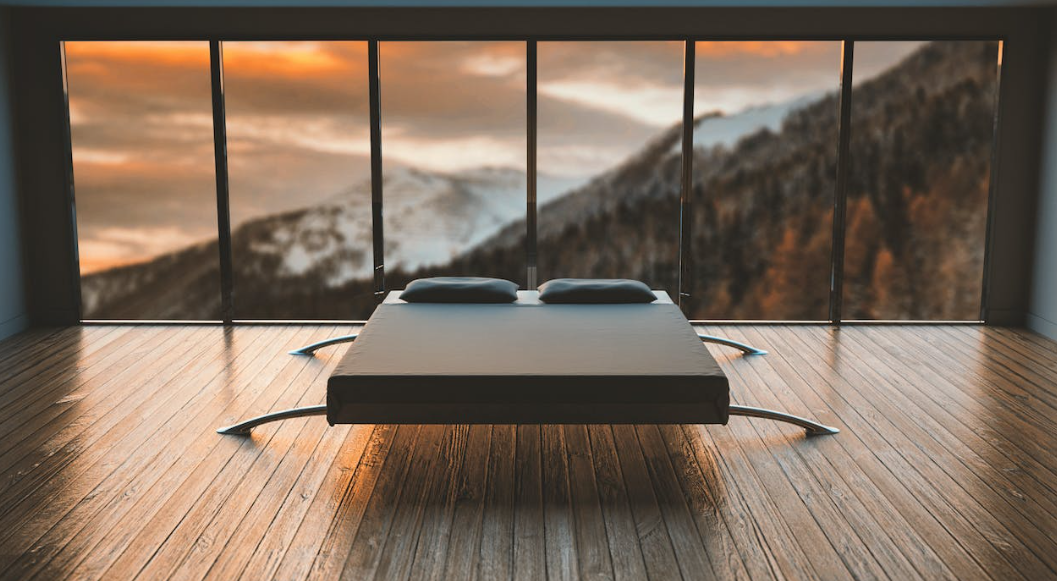The Do’s And Don’ts Of A Good Sleep Routine
The Do’s And Don’ts Of A Good Sleep Routine
Getting a good night’s sleep can be the key to beginning your day in the right way – improving your focus, mood, and overall health. But bad habits can creep in, causing your sleep to suffer. These can include too much screen time, not sticking to the right schedule for you, and having a poorly designed space for sleeping. Here, let’s take a look at some useful do’s and don’ts in more detail which can help you to discover how you can ensure that you have a good sleep routine rather than a bad one.
Do stick to a sleep routine
We all love the idea of enjoying a lie-in at the weekend, but did you know that breaking your sleep routine can actually impact your rest? If you sleep too few hours during the week and too many at the weekend, you may be left feeling groggy and low on energy. Keeping a consistent sleep routine is just one act of self-care that can ensure you get high-quality sleep, without interrupting your natural circadian rhythm.
Don’t let naps take over
A poor night of sleep makes your whole day harder – and you might want to give into the temptation to nap the afternoon away. While naps can be beneficial in getting you through a day, you should keep them constrained to twenty minutes, and always less than thirty. This length of nap gives you an energy boost without letting you enter a deeper sleep that might make it harder for you to rest properly at night.
Do think about lighting
Are you prone to falling asleep with the overhead night on? Bright light can impact your natural ability to sleep, with artificial lights causing your melatonin levels to drop. This naturally occurring hormone supports a healthy sleep cycle – so opt for lower lights, such as nightlights, if you prefer to not sleep in the dark. There is even some research which suggests that getting some natural sunlight exposure in the morning can help you sleep better too.
Don’t let your sleep space get too busy
A good bed matters, but that isn’t all that counts in your room. Considering how your sleep space is set up matters when it comes to creating the best possible sleep routine for you to have. Your room should not be too warm, and you should not allow clutter to consume your space. A messy bedroom can prove distracting, making it harder to fall asleep, and ensuring that you keep your room tidy, clean and well-ventilated can help you to fall and stay asleep for longer.
Do minimise screen time
Do you often fall asleep with your phone in your hand, or after staring at your laptop screen? Blue light from your phone can keep you awake for longer, so part of a good sleep routine should involve minimising screen time. Sleep is also important for many health reasons, both physically and mentally. Some symptoms of sleep deprivation which people can experience include eye strain and dry eyes. Positive sleep hygiene includes keeping your phone out of your bedroom, as the blue light emitted by screens makes it challenging for your brain to relax. Try to put down your screens for an hour before bed, and instead read a book, listen to calming sounds, find a bedtime yoga routine that works for you, or take a relaxing bath.
Don’t eat right before bed
Your energy levels can be directly impacted by when you eat – limiting caffeine in the afternoon is a well-known key to a better sleep routine, but anything you have to digest can play a role. For example, eating your evening meal several hours before bed can ensure you don’t get a boost of energy later in the evening, and avoiding snacking on sugary snacks while watching TV may help, too. Consuming alcohol at night will stop you from achieving the best sleep, too, so limit this, especially when you need to be bright-eyed in the morning.
Enjoying better sleep has so many incredible benefits, and with these simple tips, you can improve your sleep routine every night.








